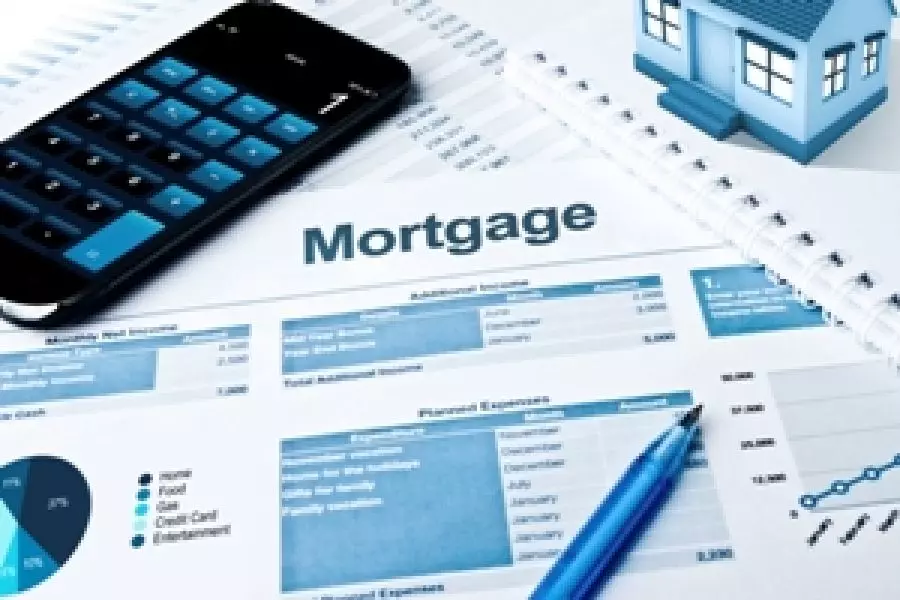News
More investors, fewer mortgage free properties

Monday 14th of November 2016
The property valuation website has released research showing the number of mortgage-free properties nationwide has dropped from 39% to 35% in the last decade.
All regions have seen a decline apart from the Far North, Coromandel and Kawerau - which have remained relatively stable.
Myvalocity CEO Carmen Vicelich said this trend doesn’t make much sense on its own - given curr...
Want to read the full article?
Click the button below to subscribe and will have unlimited access to full article and all other articles on the site.






![[The Wrap] Bye Bye Bayly](https://goodreturns.publit.io/file/c_fill,w_900,h_600/39f23ac1-f7c7-4854-b700-a150004ebbac.webp)


